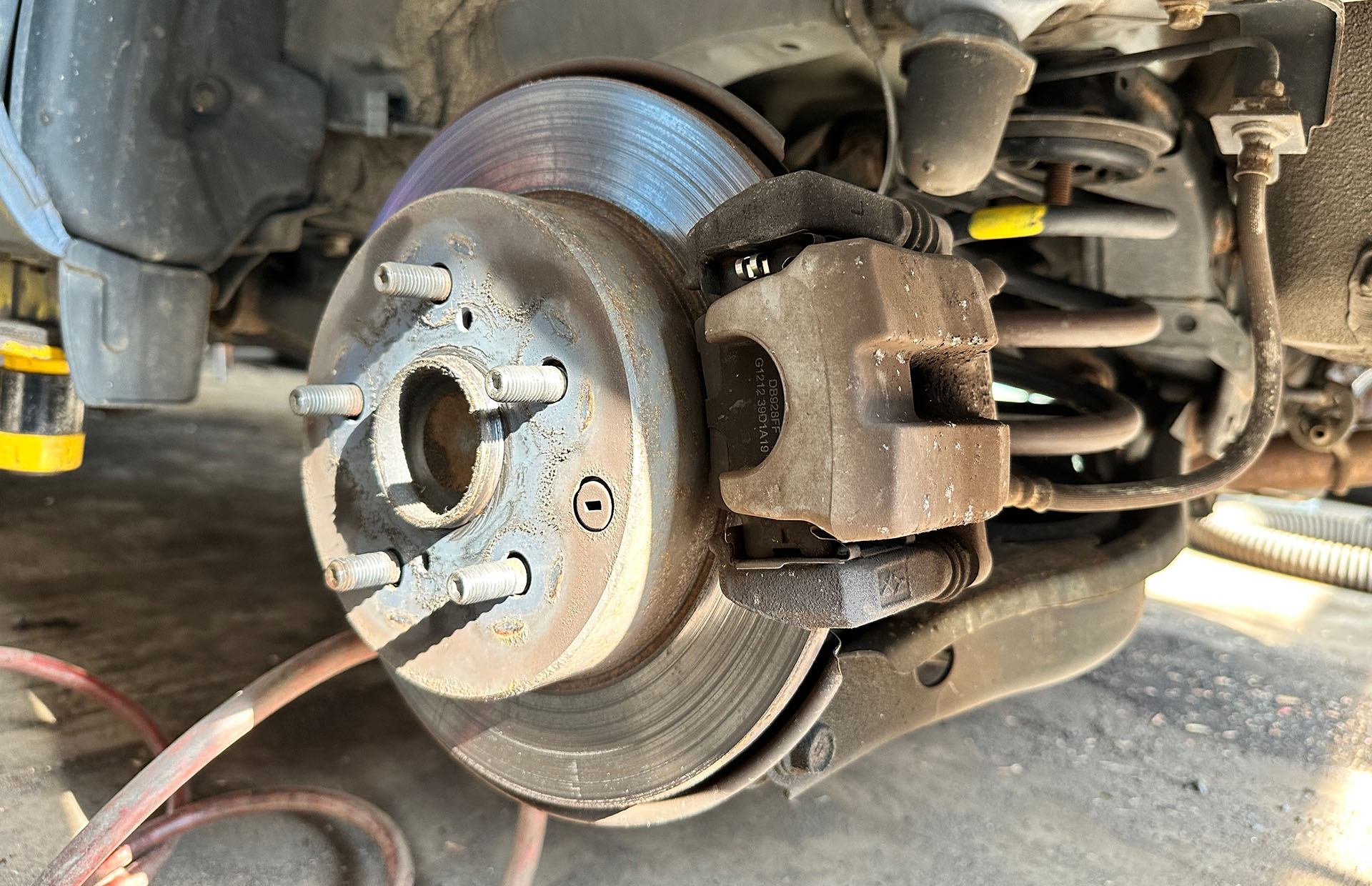The brake system is one of the most important parts of your vehicle as it impacts safety and control on the road. Understanding how the brake system works, its components, and the importance of regular maintenance is essential for every driver. In this comprehensive guide, we will take you through the fundamentals of brakes, brake types, key components, maintenance tips, and the significance of brake system awareness.
Brake System Basics:
The brake system’s primary function is to slow down or stop your vehicle. When you press the brake pedal, a series of mechanical, hydraulic, and/or electronic processes are initiated to engage the brakes and reduce the vehicle’s speed.
Types of Brakes:
Disc Brakes: Disc brakes utilize calipers, brake pads, and rotors to create friction and slow down the vehicle. They are commonly found on the front wheels of most modern vehicles and offer excellent stopping power and heat dissipation capabilities.
Drum Brakes: Drum brakes use brake shoes, wheel cylinders, and brake drums to generate friction and decelerate the vehicle. They are typically found on the rear wheels of older vehicles and certain entry-level models.

Brake Maintenance and Inspection:
Regular brake maintenance is crucial for optimal performance and safety. Here are key maintenance tips:
- Inspect brake pads or shoes for wear regularly.
- Monitor brake fluid level and quality, and flush the brake fluid as recommended by the vehicle manufacturer.
- Check for any leaks in the brake lines or hoses.
- Ensure proper operation of the parking brake.
- Listen for any unusual noises while braking and address them promptly.
- Schedule periodic brake system inspections with a qualified technician.
Signs of Brake Problems:
Recognizing the signs of potential brake problems is essential for addressing issues before they become severe. Common signs include squeaking or grinding noises, pulsation or vibrations when braking, longer stopping distances, a soft or spongy brake pedal, or the illumination of the brake warning light.
Professional Brake Services:
When it comes to intricate brake repairs or maintenance, it is advisable to entrust your vehicle to skilled technicians. Professional brake services ensure that the work is performed accurately, utilizing proper tools, high-quality components, and following industry standards. Skilled technicians can accurately diagnose issues, recommend appropriate repairs, and provide expert guidance.
Understanding the basics of your vehicle’s brake system empowers you to take proactive measures in maintaining its performance and safety. Regular brake maintenance, including inspections, pad/shoe replacements, fluid flushes, and addressing any signs of brake problems, is crucial. By staying aware and seeking professional brake services when needed, you can ensure that your vehicle’s brakes are in optimal condition, providing reliable stopping power and peace of mind on every journey.
